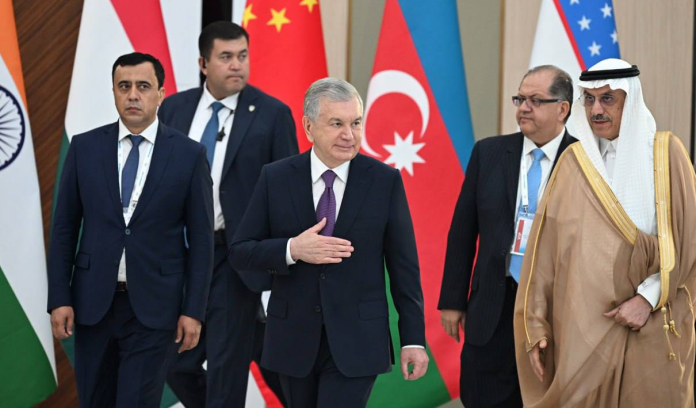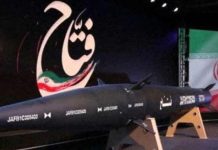ASTANA, Sept 18 (UzA/APP/DNA):The 3rd International Poverty Reduction Forum “Road to Prosperity” began its work in the city of Namangan. President of the Republic of Uzbekistan Shavkat Mirziyoyev took part in the opening ceremony and delivered a speech, UzA reports.
The Head of State noted that against the backdrop of geopolitical, economic, and social instability in the world, as well as the consequences of climate change, the pace of global economic growth has slowed, which in turn has led to an increase in the number of low-income people. These realities present new, urgent challenges for states, international organizations, and the global community as a whole.
During such a difficult period, the fight against poverty in Uzbekistan has been elevated to the level of state policy. All efforts are aimed at ensuring that every individual – especially youth and women – can fully realize their potential. The renewed Constitution stipulates that pensions, benefits, and social assistance cannot be lower than the minimum consumer spending level.
Thanks to consistent reforms, 7.5 million people have been lifted out of poverty, and in 2024, the poverty rate was reduced to 8.9 percent. The goal has been set to lower this figure to 6 percent by the end of the year. A key factor was the doubling of the economy. By the end of the year, per capita income is expected to reach $3,500.
Based on the piloting of new initiatives and the study of advanced international practices, the New Uzbekistan model for poverty reduction has been developed. Targeted social registries have been introduced, and during the pandemic, a total of $8 billion was allocated for free medicines and social benefits. This made it possible to prevent 5.2 million citizens from falling into the “poverty trap” and to avert an economic recession.
A system of work at the mahalla – the grassroots level – has been implemented. Individual work is carried out with each family, and the necessary resources are provided to increase incomes. Every year, $2.5-3 billion is allocated toward improving mahallas, enhancing people’s living conditions, and developing entrepreneurial infrastructure.
To increase rural incomes, 235,000 hectares of land previously allocated for cotton and grain have been reduced, and citizens were granted plots of 30-50 acres. This has become a crucial step in increasing the incomes of 800,000 people.
“Thanks to such large-scale efforts, Uzbekistan is striving to fulfill ahead of schedule its commitment to halve poverty by 2030. Moreover, today we are ready to set an even higher benchmark: by 2030, according to international criteria, Uzbekistan has every opportunity to eradicate absolute poverty – and we will certainly achieve this”, the President emphasized.
The “Road to Prosperity” program, consisting of seven priorities, is being implemented.
In this regard, a conference will be held in Khiva in 2026, with participation from international financial institutions, donor organizations, and partner countries.
The forum was attended by the President of the Islamic Development Bank, Muhammad Al Jasser, Vice-President of the Asian Development Bank, Yingming Yang, Senior Vice President of JICA, Sachiko Imoto, the Special Representative of the Secretary-General and Head of the United Nations Regional Centre for Preventive Diplomacy for Central Asia, Kaha Imnadze, the Director for Poverty Global Department at the World Bank, Luis Felipe López-Calva, as well as around 200 international experts.
The sessions focused on innovative approaches to key topics, including aligning measures with market demand, opportunities in Islamic finance, business inclusivity, and investment in human capital. The forum will conclude its work on September 18. Recall that poverty declines as Kazakhstan moves to upper-middle-income status.
















